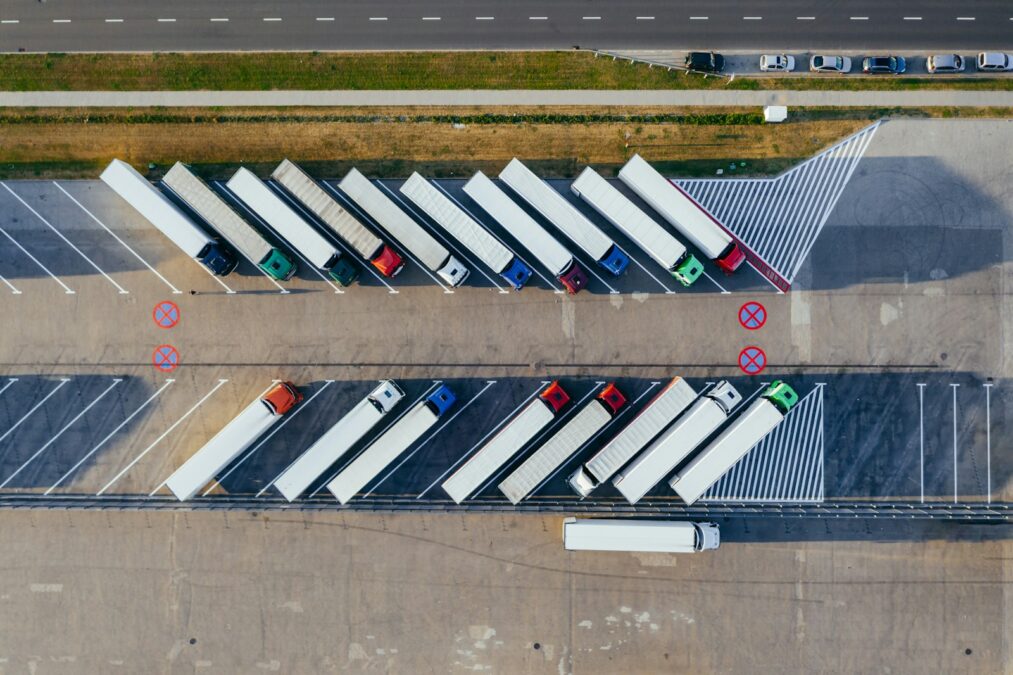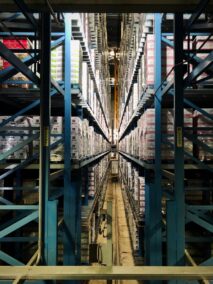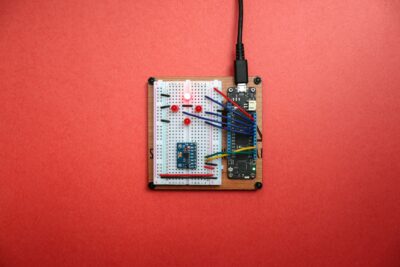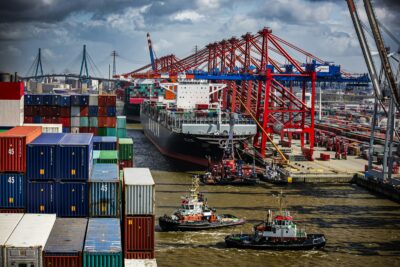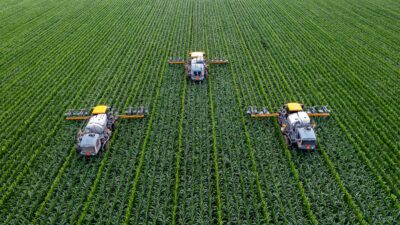Streamlining Supply Chain Operations with IoT Solutions
In the realm of logistics, the integration of IoT solutions is reshaping traditional supply chain operations, offering unprecedented levels of efficiency, visibility, and cost reduction. From Riyadh to Dubai, businesses are leveraging IoT-enabled devices and platforms to optimize their logistics processes, enhance inventory management, and streamline distribution channels. Real-time tracking technologies, such as GPS-enabled sensors and RFID tags, provide granular visibility into the movement of goods throughout the supply chain, enabling organizations to monitor shipments, track inventory levels, and identify potential bottlenecks in transit. By harnessing the power of IoT-driven data analytics, businesses can make informed decisions, mitigate risks, and optimize resource allocation, ultimately driving down costs and improving operational efficiency.
Predictive Analytics and Demand Forecasting
In addition to real-time tracking, IoT solutions empower logistics professionals with predictive analytics capabilities, enabling them to anticipate demand patterns, optimize route planning, and proactively address potential disruptions. By analyzing historical data, market trends, and external factors, such as weather conditions and geopolitical events, IoT-driven algorithms can forecast demand with unprecedented accuracy, allowing businesses to optimize inventory levels, minimize stockouts, and reduce excess inventory holding costs. Whether it’s optimizing last-mile delivery routes or synchronizing production schedules with demand forecasts, IoT-enabled logistics solutions offer a strategic advantage to businesses seeking to stay ahead of the curve in today’s rapidly evolving marketplace.
Automation and Autonomous Systems
As the logistics industry embraces digital transformation, automation and autonomous systems powered by IoT technology are revolutionizing traditional supply chain processes, driving greater efficiency, reliability, and scalability. From automated warehouses equipped with robotic pickers and drones to self-driving vehicles for long-haul transportation, IoT-enabled automation streamlines operations, reduces human error, and accelerates order fulfillment. By automating repetitive tasks and routine processes, businesses can optimize resource utilization, minimize labor costs, and improve overall productivity. Furthermore, the adoption of autonomous systems enhances safety and compliance standards, mitigating risks associated with manual labor and human error, thereby ensuring the seamless flow of goods and materials across the supply chain.
Enhancing Collaboration and Connectivity
In an increasingly interconnected world, IoT solutions are fostering greater collaboration and connectivity among stakeholders across the supply chain ecosystem. By facilitating real-time communication and data sharing among suppliers, manufacturers, distributors, and retailers, IoT-enabled logistics platforms enable seamless coordination and collaboration, resulting in faster decision-making, improved visibility, and enhanced customer satisfaction. Whether it’s optimizing inventory levels, coordinating cross-border shipments, or resolving last-minute delivery challenges, IoT-driven connectivity empowers businesses to overcome logistical hurdles and deliver superior value to customers.
Ensuring Resilience and Adaptability
In the face of unprecedented challenges, such as global pandemics, natural disasters, and geopolitical uncertainties, the resilience and adaptability of supply chain networks are more critical than ever. IoT solutions play a pivotal role in ensuring the resilience and adaptability of logistics operations by providing real-time insights, actionable intelligence, and predictive capabilities to mitigate risks and respond swiftly to disruptions. By leveraging IoT-driven data analytics and automation, businesses can build agile, responsive supply chains capable of anticipating and navigating unforeseen challenges, thereby safeguarding operations and ensuring business continuity in an ever-changing world.
Driving Sustainable Growth and Innovation
As businesses strive to achieve sustainability goals and minimize their environmental footprint, IoT solutions offer a pathway to greener, more sustainable logistics practices. By optimizing route planning, reducing fuel consumption, and minimizing emissions through IoT-enabled telematics and fleet management systems, businesses can mitigate their environmental impact while driving cost savings and operational efficiency. Furthermore, IoT-driven innovations, such as smart packaging, cold chain monitoring, and waste reduction technologies, enable businesses to adopt more sustainable practices throughout the supply chain, from sourcing to distribution. By embracing IoT solutions for logistics, businesses can not only reduce costs and improve efficiency but also contribute to a more sustainable, resilient future for the logistics industry.
#IoT #Logistics #SupplyChain #SaudiArabia #UAE #Riyadh #Dubai #ChangeManagement #ExecutiveCoaching #EffectiveCommunication

